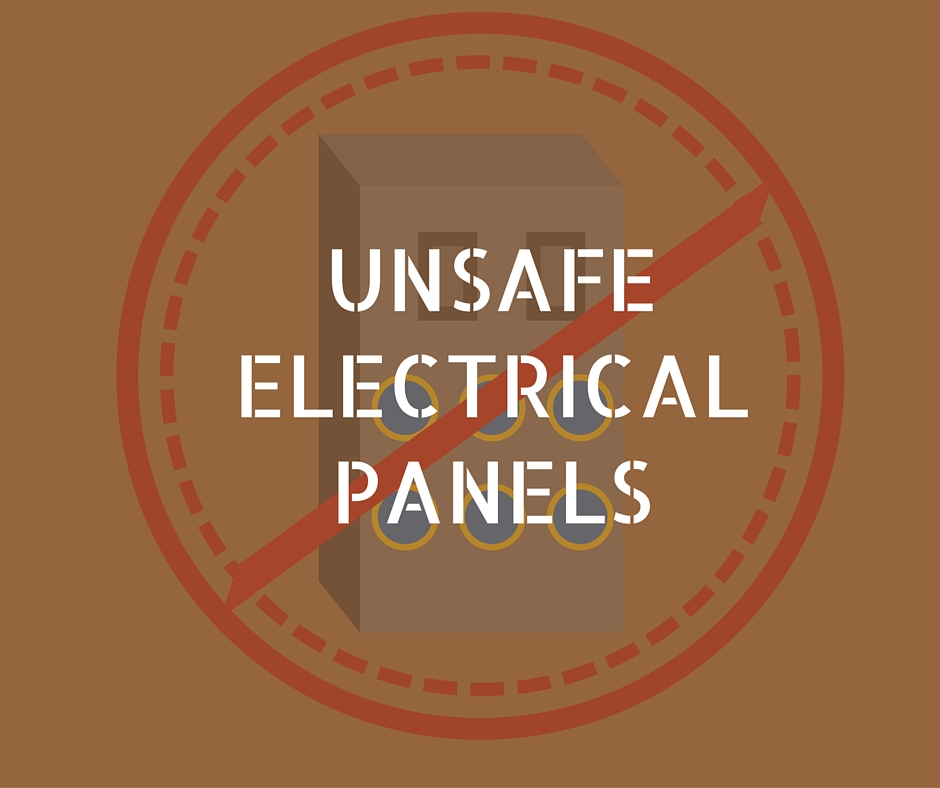Your home is your haven, the place where you go for rest, for safety and for comfort. Protecting it and those you love is of utmost importance. Some dangers are obvious, such as a broken front door lock or stairs that are improperly built. However, not all potential dangers can be seen by the average homeowner. Take electrical panels for example; they may look perfectly fine from the outside, but due to age and new standards, they may pose a threat.
Over the years, building standards and codes change. This is partially because the needs and wants of homeowners have changed drastically over the years, as homes are bigger, with more appliances, bigger units for heating and cooling, and more electronic gadgets. However, it is also because as we learn more and new technology becomes available, products for building are developed using safer materials and procedures. In addition, some materials that were used in the past were more prone to deterioration than previously thought, and may have become unsafe with age.
If your home was built before the 1990s, it is a good idea to make sure you do not have one of the following electrical panels:
Fuse Box. In many older homes, the fuse boxes are rated for 60 amp because when the houses were built, they did not have air conditioners and modern appliances. If you still have a fuse box panel in your home, we suggest having it inspected, and an electrical load calculation done on your home, to make sure you are not exceeding your fuse box’s load capacity, which poses a danger of fire and electrical shock.
Federal Pacific Electric. Electrical panels made form the 1950s to the 1980s by the Federal Pacific Electric Company should be replaced immediately due to the risk of fire and shock. The U.S. Consumer Product Safety Commission has classified these panels as a safety defect because they do not trip when needed.
Zinsco. Zinsco Electrical Panels were made prior to the mid-1970s. They also pose a risk of fire and electrical shock due to significant design flaws that prevent them from tripping. They have been known to melt or also have been known to allow power to flow even when they appear to be shut off.
Pushmatic. Pushmatic Electrical Panels have no main breaker, as well as weak breakers that do not reset easily.
If you find that your home has one of these electrical panels, it is important to call us immediately at 636-926-2001 to have it evaluated and/or replaced as soon as possible. We will help you keep your home safe for your family, friends, and belongings.

